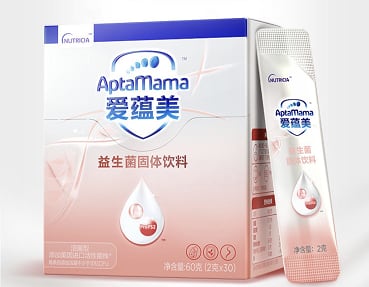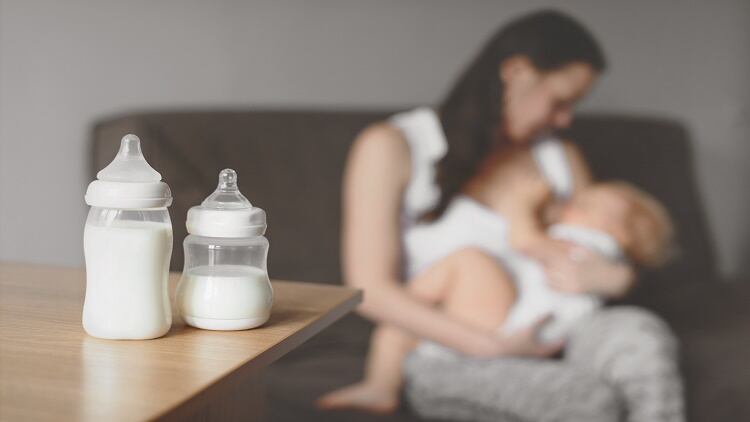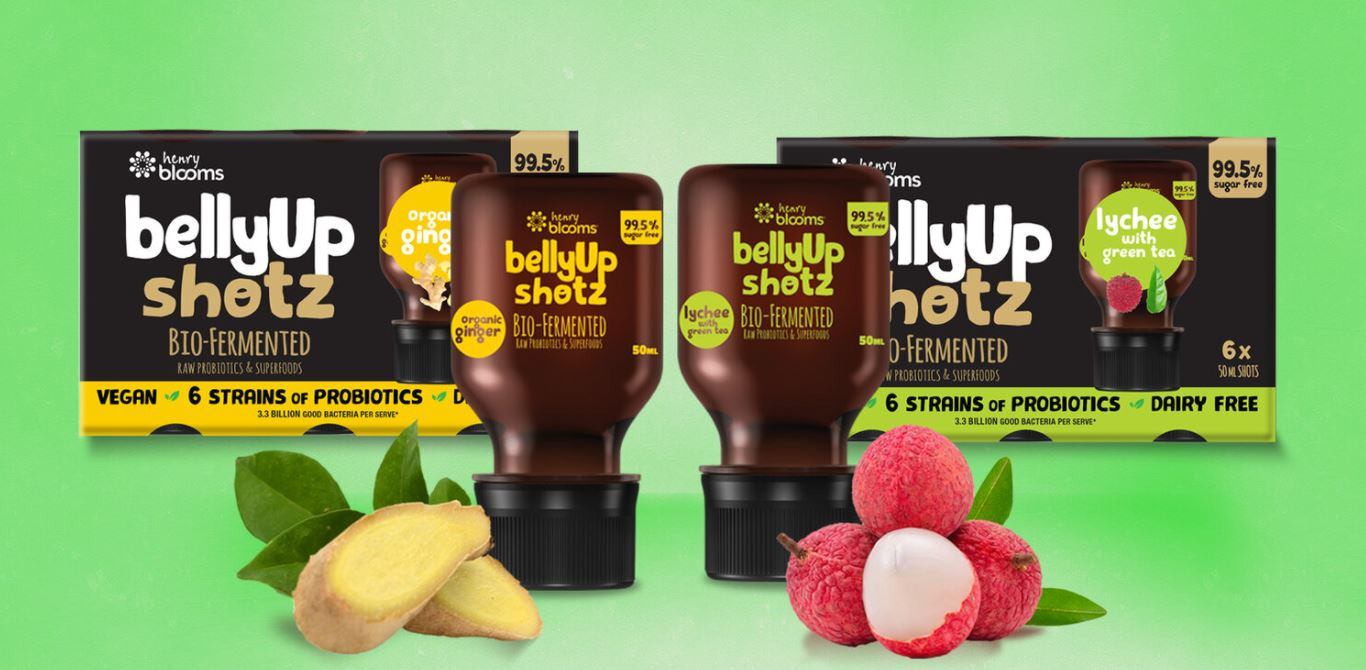The powder probiotics is sold via e-commerce as well as mother and baby stores. It was recently introduced during this month’s China International Import Expo (CIIE).
Aptamama contains the probiotic strain Lactobacillus salivarius PS2 which has been studied for the past decade.

One of the findings showed that the strain exists naturally in human breast milk and could reduce mastitis incidence amongst healthy lactating mothers by 59%.
Till date, two human clinical studies have been conducted on the strain in relation to its effects in preventing mastitis – a condition that is related to mammary bacterial dysbiosis and presence of high milk
A study published in Clinical Infectious Diseases in 2016 showed that taking the probiotic during late pregnancy could prevent infectious mastitis in women who previously developed mastitis.
Findings showed that the prevalence of infectious mastitis was lower in women who took the probiotics, with one out of four developing mastitis, whereas the rate is higher in the group which did not take the probiotics, with 57% developing mastitis.
Another study presented at a microbiome themed conference in Milan last year also showed that taking the probiotics during late pregnancy and early lactation could prevent mastitis in healthy breastfeeding mothers.
In the study, over 300 pregnant women were randomised to take the supplement from 35th week of pregnancy to 12 weeks after delivery. Results showed that subjects in the probiotic group were 59% less likely to experience mastitis as compared to the placebo group.
“In China, studies collaborated with research institute on breastfeeding indicated mastitis is one of the important factors impacting breastfeeding,” Gregg Ward, head of Healthcare Nutrition, Research & Innovation, Danone Greater China said in response to queries from NutraIngredients-Asia.
Statistics showed that an average of 20% to 25% of the breastfeeding women are at risk of developing mastitis.
As a result, 25% of those who developed mastitis eventually stopped breastfeeding due to the severe pain caused by mastitis.
“Therefore, controlling or preventing lactation mastitis is essential to ensure breastfeeding and increase breastfeeding rate,” Ward said.
R&D work
Danone China is focusing on breast milk research, gastrointestinal health, and food safety and quality in its latest research centre.
The Danone Open Science Research Center in Shanghai was officially opened in July.
According to Ward, the centre will apply data-driven insights and digital tools to the study of breast milk, gastrointestinal health, and food safety and quality.
“It aims to carry out clinical research and development work in China on nutritional solutions that are tailored to the tastes, traditions and health needs of China’s consumers.
“It will do this in partnership with the public sector, medical and academic institutions, business partners and consumers in China,” he said.
One example is the “Dragon study”, which is an ongoing randomised clinical trial that assesses the effectiveness of partially hydrolysed protein and synbiotics in supporting the development of the immune system in the first 1000 days of life.





